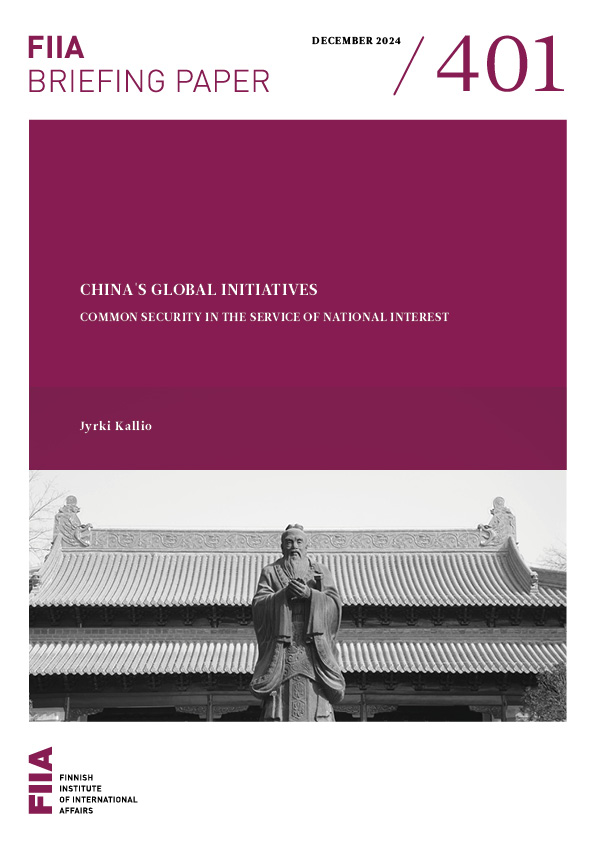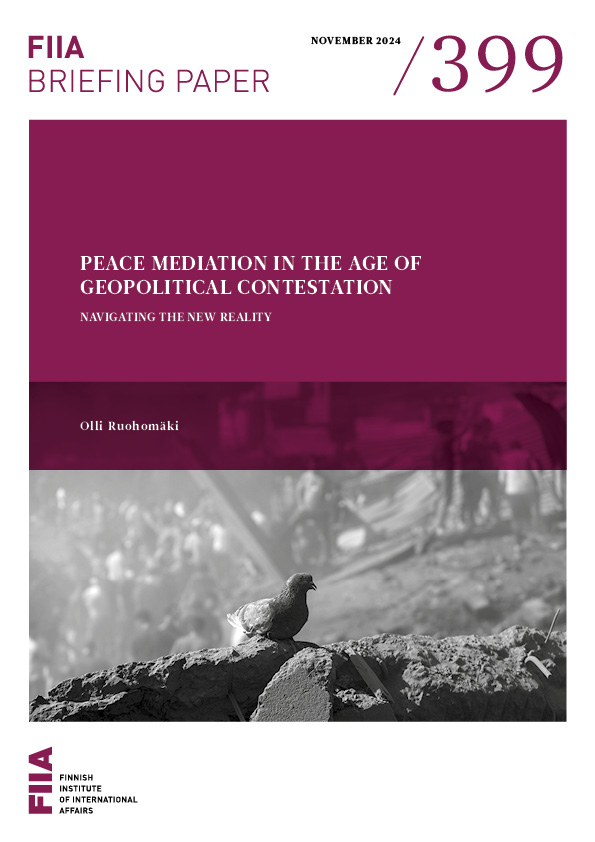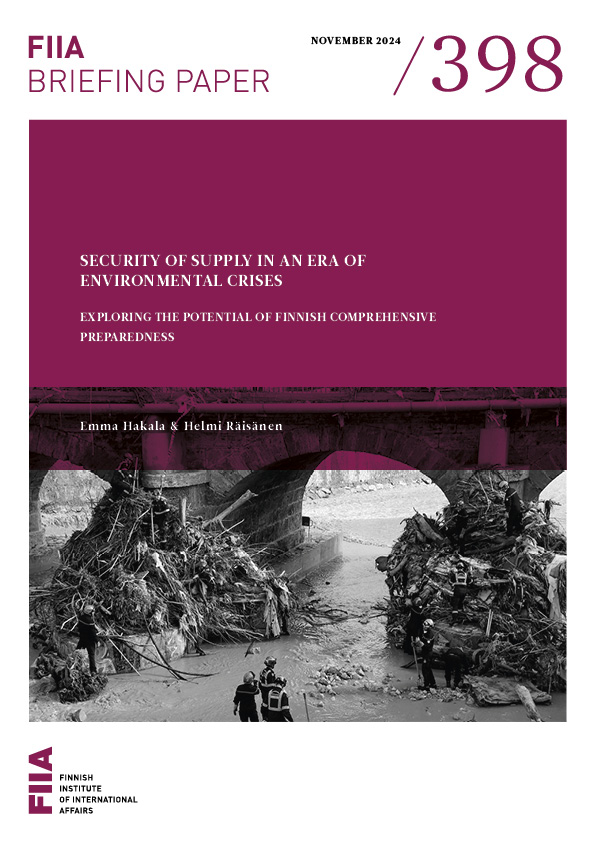Recent years have seen a transformation of the global maritime security environment, driven among other things by the diffusion of maritime power, great power competition, the ”territorialisation” of the seas, the rise of maritime non-state actors, changes in maritime geography, and a race to extract maritime resources.
In this changing security context, European access and interests in the global maritime commons can no longer be assured by the application of US hegemonic power or the soundness of multilateral regimes. Instead, the EU needs to develop a new proactive strategy of its own for securing the maritime commons.
This strategy should be based on ensuring the ”security of access” and ”sustainable management” of the global maritime commons. In particular, the EU strategy needs to focus on securing safe passage along its vital ”sea lines of communication” (SLOCs), which are increasingly being threatened by great power rivalries, territorial conflicts, a reformulation of maritime law and the proliferation of maritime non-state actors.
Failure to formulate its own strategy and vision for the management of the maritime commons means that the EU will become increasingly sidelined in debates over the future governance of the maritime commons and might face a growing number of disruptions along its vital SLOCs and within its ”maritime margins”.









